Stories about COVID-19
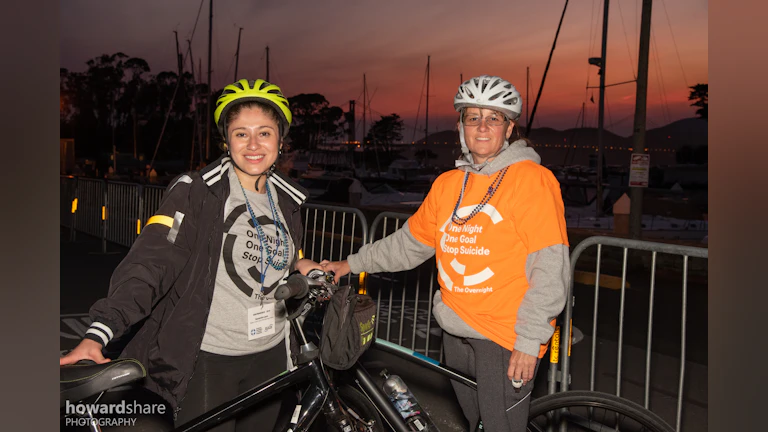
A Love Letter to The Overnight
An ode to AFSP's flagship fundraising event, The Overnight, in which thousands of Walkers who share a personal connection to AFSP's cause come together from across the country to walk 16+ miles with the goal to stop suicide.
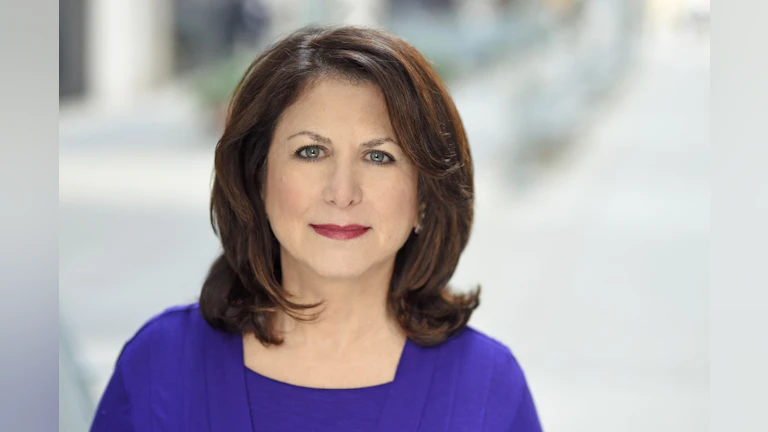
Managing COVID 19 – and Our Mental Health – in 2022
Advice about managing your mental health during the pandemic
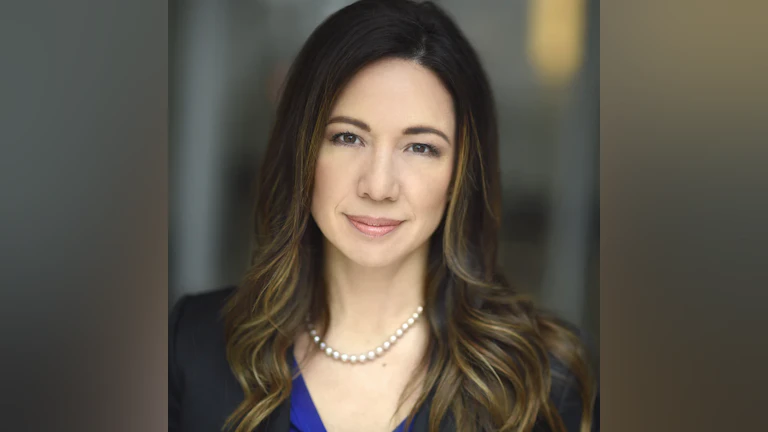
A Look Ahead to the Coming Year: An Interview with the American Foundation for Suicide Prevention’s Chief Medical Officer, Dr. Christine Yu Moutier
The American Foundation for Suicide Prevention’s Chief Medical Officer, Dr. Christine Yu Moutier, answers pressing questions about the intersection of the current state of pandemic and suicide prevention.
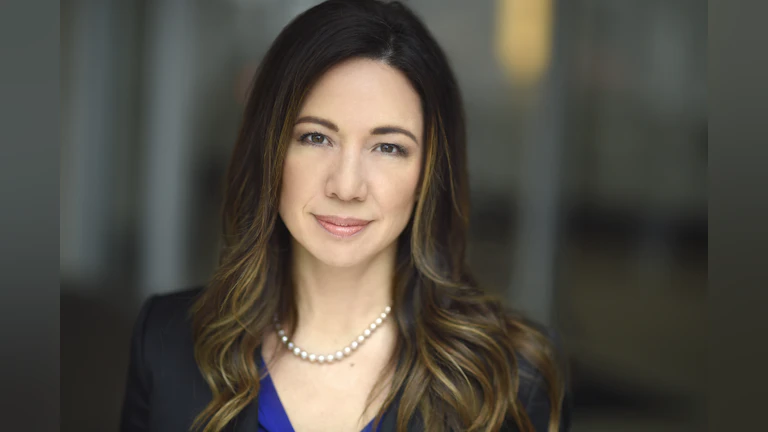
Dr. Christine Yu Moutier Receives the ACNP Media Award
The American College of Neuropsychopharmacology (ACNP) has named Christine Yu Moutier, M.D. the recipient of the 2021 Media Award.

Top Executives from Sixteen Major Mental Health Organizations Applaud CDC for Adding Mental Illnesses to its List of Underlying Medical Conditions Associated with Higher Risk for Severe COVID-19
Top executives from 16 of the nation’s leading mental health advocacy organizations applaud the Centers for Disease Control and Prevention for adding mood disorders, including depression, and schizophrenia spectrum disorders to its list of underlying medical conditions associated with higher risk for severe COVID-19.
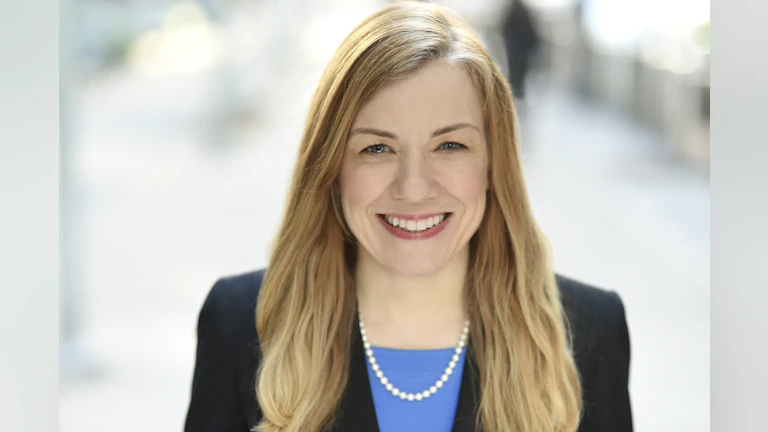
Returning to Office Life: Six Tips for Protecting Your Mental Health
For many of us who work in offices, the pandemic changed our work lives dramatically. No two people have experienced the pandemic in exactly the same way, and accordingly, no two people are experiencing the transition back to the office in the same way.

Changing Attitudes, Culture and Behavior Through Education
Our chapters more than met the challenge to #KeepGoing in making our education programs available throughout the pandemic. Despite the outbreak of COVID-19, we quickly adapted our education programs from in-person to virtual presentations, ensuring that we are still creating a culture that is smart about mental health.
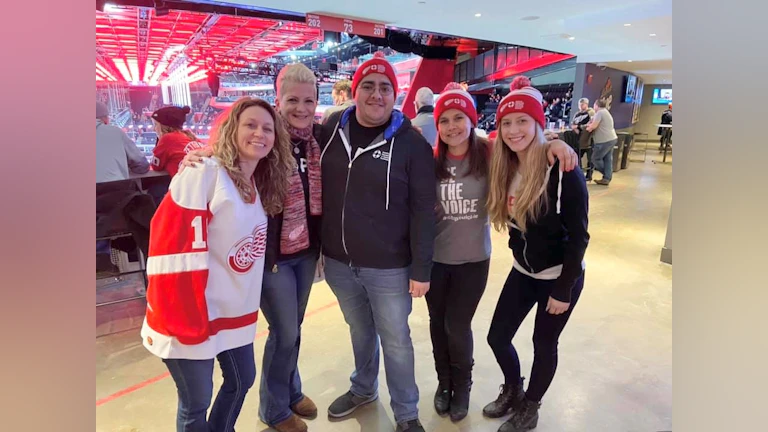
Putting the Unity in Community: The Perseverance of AFSP’s Volunteers
COVID-19 presented many challenges for our volunteers over the last year, and I find myself struggling to express my appreciation to the hundreds of volunteers in Michigan, and the thousands connected to local chapters across the country who helped us continue to save lives and bring hope to those affected by suicide.

Will Suicide Rates Go Up Because of the Pandemic?
There aren’t easy answers to this question, and this is mainly due to the complexity of suicide, the lack of complete data, the varying impacts of the pandemic, and the dynamic relationship between mental health, life stressors and suicide risk.

The American Foundation for Suicide Prevention Thanks Congress for Prioritizing Mental Health and Suicide Prevention
AFSP applauds Congress for including funding in the American Rescue Plan Act that will directly address suicide prevention and mental health.

Why I Fight: Preventing Physician Suicide, and the Dr. Lorna Breen Health Care Provider Protection Act
We must prioritize the mental health of our frontline medical professionals who are caring for some of our most vulnerable patients, and encourage help-seeking behaviors for mental health concerns and substance use disorders by reducing stigma, increasing resources, and having open conversations about mental health.
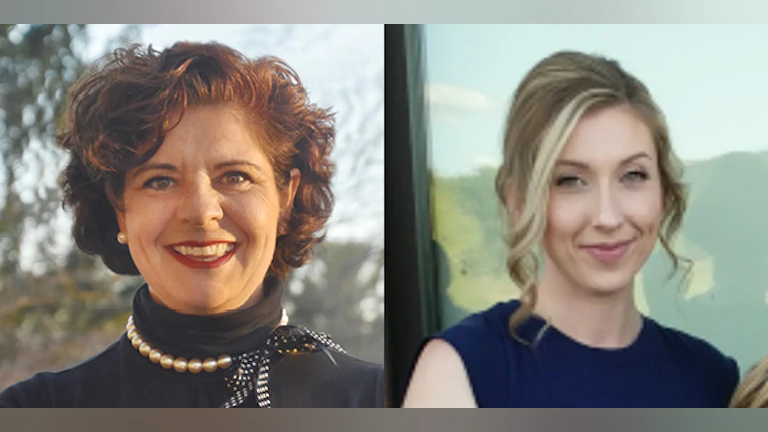
What We Can All Do About Maternal Suicide
When Robin learned she was pregnant, she and her partner were ecstatic. They chatted about names, discussed colors for the baby’s room, and planned maternity photos.